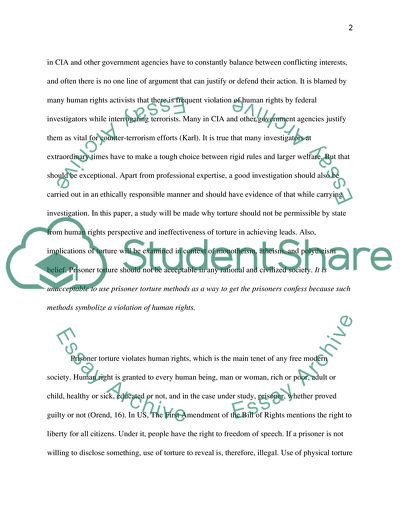Cite this document
(“Prisoner Torture Violates Human Rights Research Paper”, n.d.)
Prisoner Torture Violates Human Rights Research Paper. Retrieved from https://studentshare.org/law/1754042-prisoner-torture-argumentative-essay
Prisoner Torture Violates Human Rights Research Paper. Retrieved from https://studentshare.org/law/1754042-prisoner-torture-argumentative-essay
(Prisoner Torture Violates Human Rights Research Paper)
Prisoner Torture Violates Human Rights Research Paper. https://studentshare.org/law/1754042-prisoner-torture-argumentative-essay.
Prisoner Torture Violates Human Rights Research Paper. https://studentshare.org/law/1754042-prisoner-torture-argumentative-essay.
“Prisoner Torture Violates Human Rights Research Paper”, n.d. https://studentshare.org/law/1754042-prisoner-torture-argumentative-essay.


